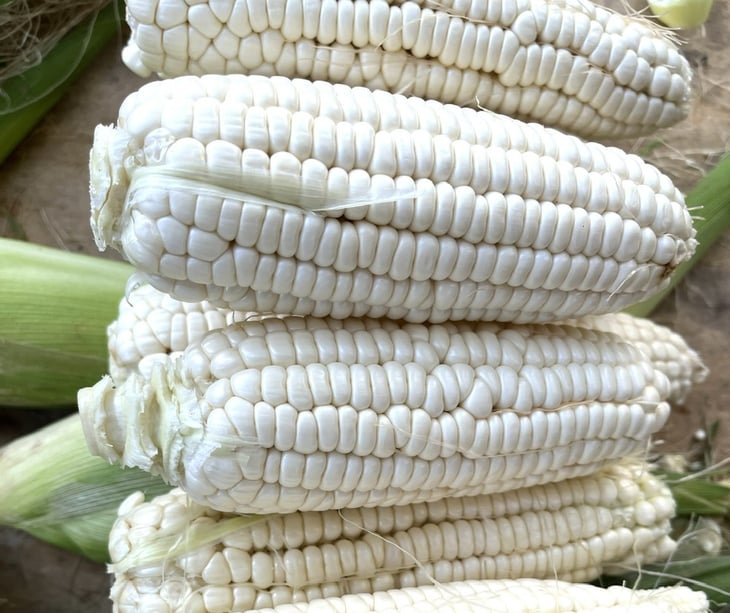
Boiled and stir-fried corn is a familiar rustic dish, but few people know that this is a healthy food - Photo: TTO
Improve digestion
A serving of half a corn cob contains about 2g of fiber, which is good for the digestive system. This is a rich source of insoluble fiber, which helps eliminate waste through the digestive system and prevent constipation.
Fiber also promotes the growth of beneficial bacteria that produce short-chain fatty acids (SCFAs). These compounds help strengthen the gut barrier, reduce inflammation, and support overall digestive health.
Helps maintain eyesight
Yellow corn gets its bright color from carotenoid antioxidants like lutein and zeaxanthin. These nutrients help support healthy vision and may reduce the risk of age-related eye diseases such as cataracts and macular degeneration.
Support cardiovascular health
The fiber in corn can reduce the absorption of fat and cholesterol in the digestive tract. This can help lower LDL cholesterol levels and support heart health. Corn is also a source of potassium, a mineral that can help counteract the effects of sodium and may help regulate blood pressure.
Provides antioxidants
Corn, especially brightly colored varieties like yellow, blue, or purple, is rich in antioxidants. These plant compounds help reduce inflammation and protect cells from damage, which may reduce the risk of chronic diseases like heart disease and some cancers.
Gluten-free
Corn is naturally gluten-free, making it a valuable source of nutrition and fiber for people allergic to gluten in flour, who need to avoid wheat, barley, and rye.
If you are using cornstarch or processed corn products, check the label to ensure they are made in a gluten-free facility and are not cross-contaminated with gluten-containing grains.
Energy Boost
Corn is a complex carbohydrate, which provides steady energy over a longer period of time. It also provides B vitamins, which play an important role in energy production.
Although corn is a healthy food, there are still people who should not eat it.
Although this dish brings many health benefits, there are still some risks when using it and you should consider:
- Can cause a spike in blood sugar: Although it contains fiber, it is still quite high in starch. People with diabetes or insulin resistance should pay attention to their diet.
A simple rule to follow is to fill no more than a quarter of your plate with starchy foods like corn, peas, potatoes or grains.
- Processed corn products: Highly processed corn foods, such as those made with high-fructose corn syrup, creamed corn, or corn chips, are often high in added sugars, sodium, and saturated and trans fats. While these foods are generally not harmful in moderation, eating them too often can lead to weight gain, high cholesterol, and inflammation over time.
- Allergy: Although rare, adverse reactions to raw and cooked corn can occur if you are allergic, such as hives or indigestion after eating.
Source: https://tuoitre.vn/bap-rat-nhieu-loi-ich-cho-suc-khoe-20251105103441735.htm







![[Photo] Opening of the 14th Conference of the 13th Party Central Committee](https://vphoto.vietnam.vn/thumb/1200x675/vietnam/resource/IMAGE/2025/11/05/1762310995216_a5-bnd-5742-5255-jpg.webp)
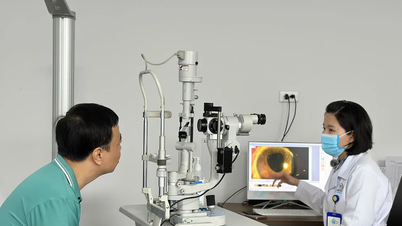




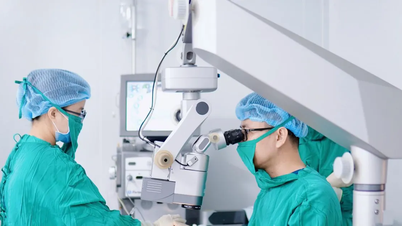


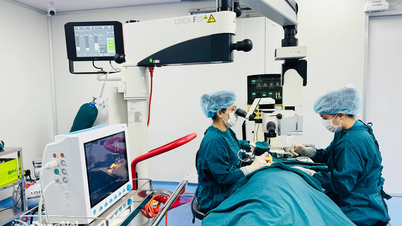





















![[Photo] Panorama of the Patriotic Emulation Congress of Nhan Dan Newspaper for the period 2025-2030](https://vphoto.vietnam.vn/thumb/1200x675/vietnam/resource/IMAGE/2025/11/04/1762252775462_ndo_br_dhthiduayeuncbaond-6125-jpg.webp)



































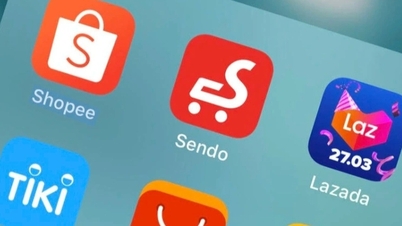








































Comment (0)